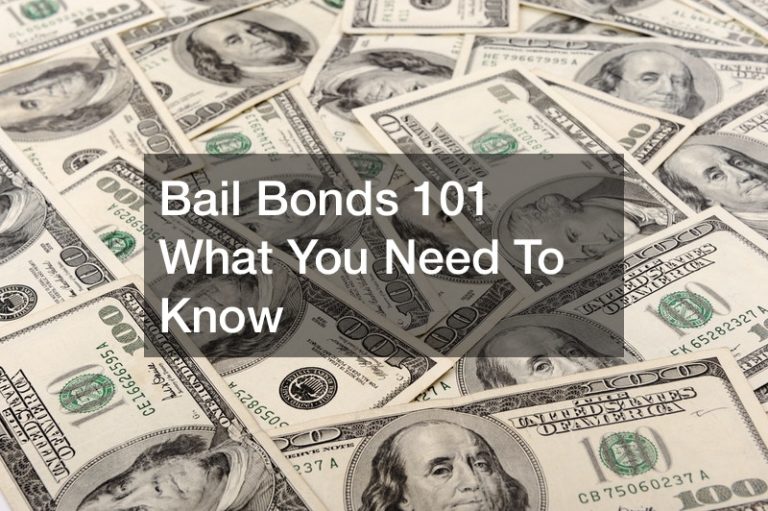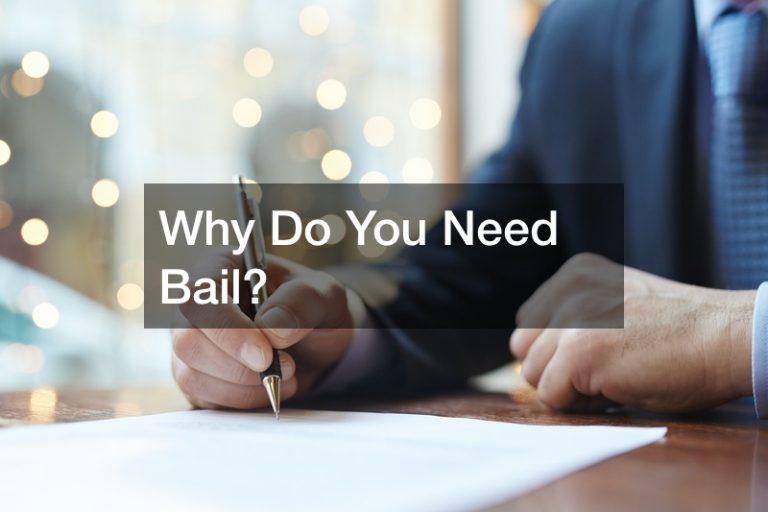The Bail Bond Process Explained

At some point, you may have seen a commercial or heard someone mention bail bonds. Maybe you want to know what bail bonds are or the bail extended meaning. Here’s a brief explanation of bail bonds and how you can make them work for you.
A bail bond is ultimately a loan to get you out of jail. You can get help with bail for felony charges or misdemeanor charges, so long as you are not accused of a crime that the judge feels deserves no bail. You may have a chance to present some bail hearing arguments to reduce the amount if you have a sharp attorney on your side. However, there is no guarantee that you’ll receive the outcome you desire.
To get help with bail, you must contact the office of a reputable bail bond company and ask them to issue you bail during the trial. You’ll have to provide the bail bond agent with information about the crime for which you have been charged as well as some additional information about the jail you are in. You will also need to come up with about 10 percent of the bail amount to get the bail bond company to assist you. If you do that, the bail bond agent can pay for your release until your court date arises.

Statistics show that Americans are more likely to be arrested than the public at large thinks. 52% of American men will be arrested at least once in their lifetime and a study published in Pediatrics showed that one in three people will be arrested by the time they turn 23.
Although this part of the incarceration system is little talked about, it poses a reality for many men, women, and their families. Although an arrest may not necessarily lead to an indictment, the financial penalties of being put in a position to make bail put pressure on those who have been arrested and those who will be asked to bail them out.
And a surprising statistic may show how difficult it is sometimes to bail some out, as 60% of the U.S. jail population on a given day are not those who have been convicted; rather, they are being held in detention awaiting the resolution of their charge.
Before understanding the intricacies of bail, it’s important to get a strong understanding of the differences in levels of crimes. The two categorizations are called misdemeanors and felonies.
Misdemeanors are referred to as “lesser” crimes and generally carry a lighter sentence if the person is convicted. Many times, those who are convicted of misdemeanors are put on probation, required to do community service, or given a prison sentence not exceeding one year.
Felonies are serious crimes and are crimes punishable by death and have prison sentences generally more than one year. Being convicted of a felony may result in exclusion from obtaining certain licenses, exclusion to purchase firearms, and ineligibility to receive welfare.
Bail is the amount required for a person to be released from prison, pending resolution of the charge. Posting bail comes with the agreement that the accused person will appear in court. Many times, however, a person cannot make bail or their family cannot do so as well, even for misdemeanor criminal bonds.
A bail bond agency, often called a bail bond company or bail bond service, is a commercial agent who acts as a surety and posts a bond as part of a nonrefundable fee, which is usually 10%. Being a surety means that the bail bond agency takes on the debt of the accused person if he or she defaults.
Misdemeanor criminal bonds are generally less expensive than felony criminal bonds due to the relative seriousness of the crime. Even still, many accused persons and their families are unable to post bail and often rely on a full-service bail bond company to act as a surety and sign the agreement as part of misdemeanor criminal bonds.
There are currently 14,000 bail agents working in the United States and they often secure the release of their customers in just a few hours. If you need one, search in your area to find one.

